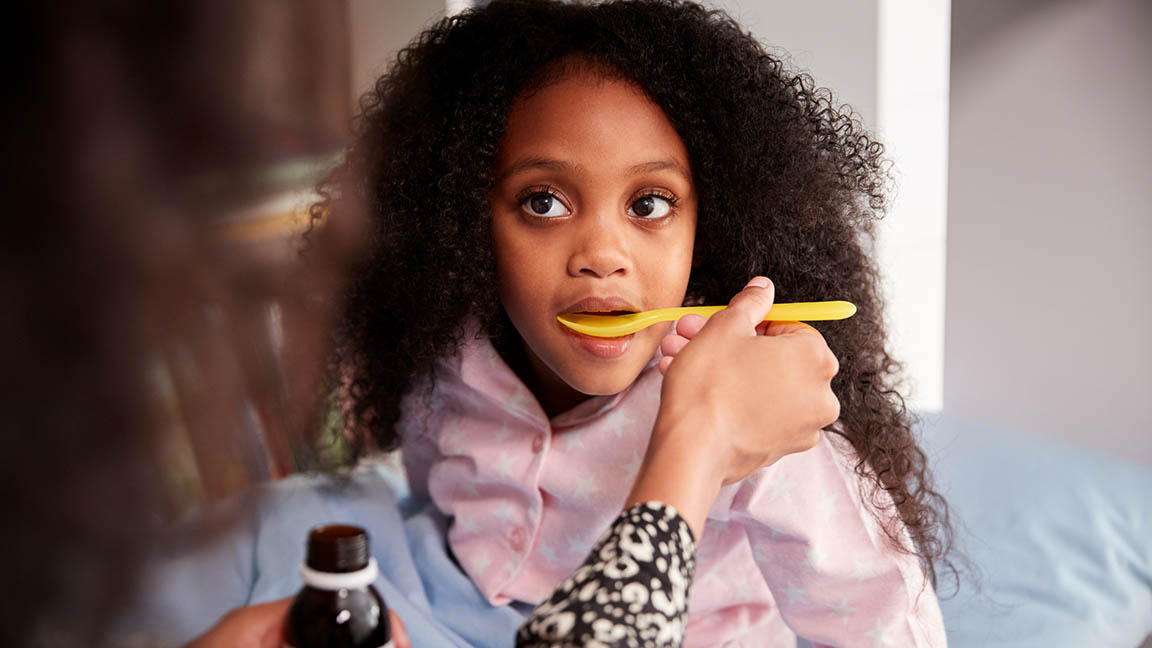Medications can help your kids feel better, but it’s vital to administer them correctly.
An estimated 200,000 children visit emergency departments each year because they’ve been harmed by a medicine, according to the Centers for Disease Control and Prevention.
Dr. Andrew Nguyen, a pediatrician at Tidelands Health Pediatrics in Myrtle Beach, says one reason children are at especially high risk for medication errors is because they often receive different doses than adults.
As such, he says, parents should pay close attention to dosage instructions. Always read medication labels and ask questions of your physician or pharmacist if you have trouble understanding the instructions.
Also, he says, don’t assume you should administer your child the same amount of a medication you have previously, particularly when it comes to prescription medications in liquid form.
“With liquid or suspension medications, sometimes you’ll have a medication mixed at a higher concentration,” he says. “If the child has had the medication before, the parent may not realize the concentration is different and unintentionally give the child more medicine than prescribed.”
Accurate measurement is also very important, Dr. Nguyen says. Parents should only use a dosing cup or medicine syringe or dropper to measure liquid medications. Never use a regular kitchen spoon or the bottle cap.
“A syringe offers a better level of accuracy. Using one helps ensure you’re giving the correct dose,” he says.
Other tips to promote medication safety at home include:
- Give you child medicine at the instructed times. Ask a doctor or pharmacist what to do if you miss a dose.
- Never refer to medicine as “candy” to entice kids swallow it.
“That’s true of medications, as well as gummy vitamins,” Dr. Nguyen says. “Don’t use language that would make a kid think they can just have more on demand.” - In some cases, mixing a liquid medication with a small amount of juice, milk or formula can be a good way to get reluctant kids to accept it, Dr. Nguyen says.
“Talk with your pediatrician first to make sure it’s safe. If so, mix the medicine in completely and use only a very small amount of milk or juice. That way you can help ensure they take the full dose of medication,” he says. - Keep medicine out of a child’s reach. If possible, keep medicines locked away above counter height so children aren’t tempted by the bottles.
- Don’t assume children can’t open child-resistant packaging. Many children can quickly figure out how to open bottles.
- Teach your child that medicine should only be given by an adult and they shouldn’t take medications without adult supervision.
- Avoid sharing prescription medications between children, even if you suspect they have the same illness.
“Always bring your child in to be evaluated by a provider so you know they are getting the right dose for the size and age,” Dr. Nguyen says. “Plus, it’s important to be sure the child actually needs the medication. In many cases, children have viruses they’ll get over without an antibiotic, which is only effective against bacterial infections.” - Reduce the chances of a child getting their hands on medication by properly disposing of unneeded or expired medication. Many law enforcement agencies and pharmacies offer medication disposal bins.
In case of an emergency associated with ingestion of a medication, call 911 immediately. If your child has ingested medicine inappropriately but is experiencing no or mild symptoms, call the Poison Control Center at 800-222-1222 for guidance on how to proceed.
